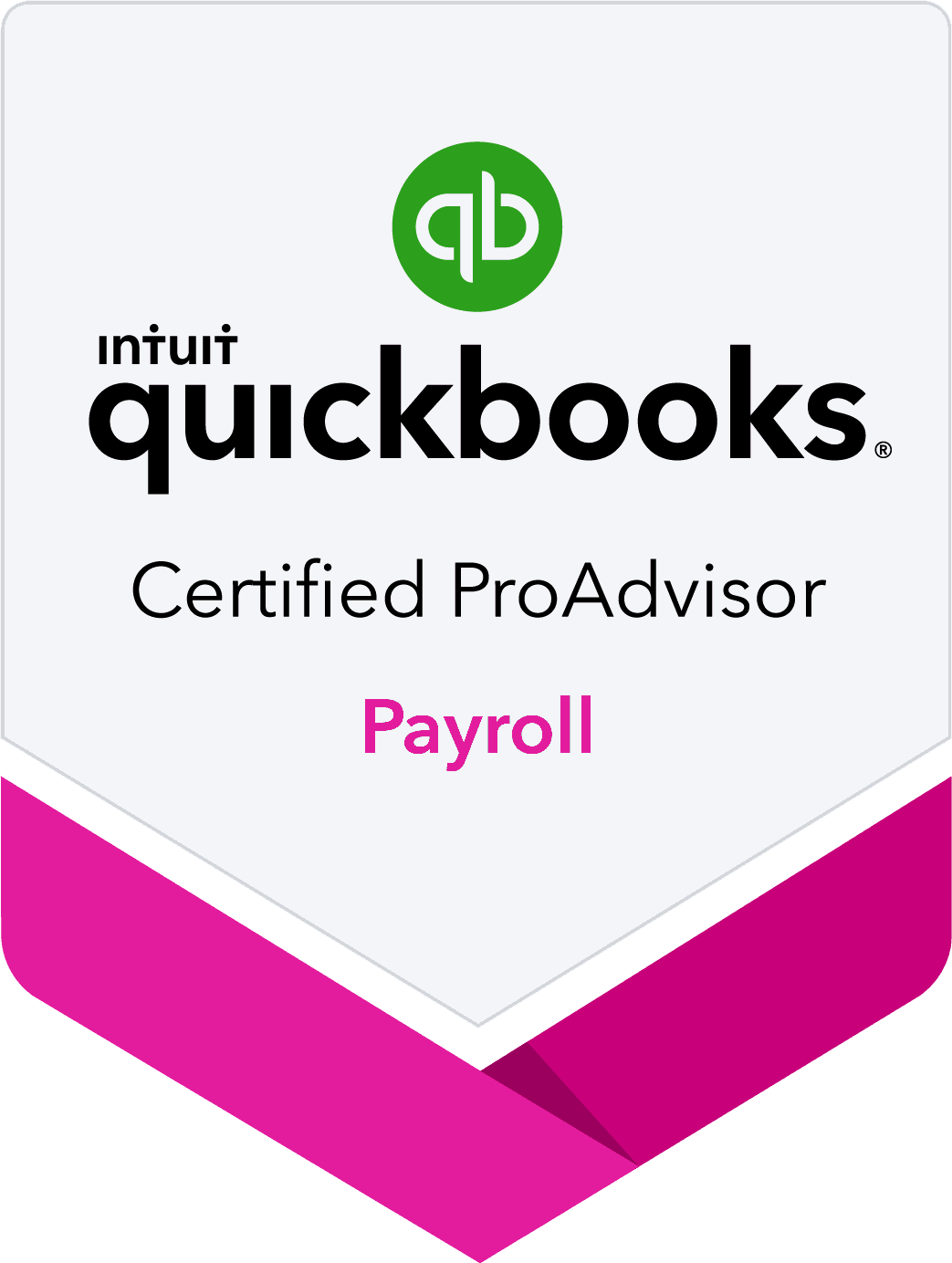Possible IRS dates and how to track
your money
How long will it take the tax agency to get through its massive backlog of unprocessed tax returns? Here's what we know.
It's already fall and the IRS is still facing a massive backlog that's causing stress for taxpayers. At the start of September, the IRS announced it had 8.5 million unprocessed individual returns, including 2020 returns with errors and amended returns that require corrections or special handling. Refunds normally take around 21 days to process, but the IRS says delays could be 120 days.
To add to that, the IRS has also been busy with stimulus checks, child tax credit payments and refunds for tax overpayment on unemployment benefits. The "plus-up" stimulus adjustments and the fourth advance monthly check of the child tax credit -- which goes out on Oct. 15 -- could give families some financial relief, but an overdue tax refund would be an even bigger help for those who need it to cover bills and daily expenses.

If you filed for a tax extension, keep in mind that the IRS deadline is approaching on Oct. 15. If you don't file your 2020 tax return soon, you'll likely owe late fees or more interest -- and you could be missing out on money, like that tax refund, stimulus checks or child tax credit payments that you'd only be eligible for after filing a return.
In most cases, taxpayers just have to continue to practice patience -- it's not easy to reach the tax agency by phone these days. The best solution is to track your refund online using the Where's My Refund tool or check your IRS account. We'll show you how. We can also tell you what to do if you received a "math-error notice" from the IRS. This story is updated frequently.

How long do I have to wait for my federal refund?
The IRS usually issues tax refunds within three weeks, but some taxpayers have been waiting months to receive their payments. If there are any errors, or if you filed a claim for an earned income tax credit or the child tax credit, the wait could be lengthy. If there is an issue holding up your return, the resolution "depends on how quickly and accurately you respond, and the ability of IRS staff trained and working under social distancing requirements to complete the processing of your return," according to its website.
The date you get your tax refund also depends on how you filed your return. For example, with refunds going into your bank account via direct deposit, it could take an additional five days for your bank to post the money to your account. This means if it took the IRS the full 21 days to issue your check and your bank five days to post it, you could be waiting a total of 26 days to get your money. If you submitted a tax return by mail, the IRS says it could take six to eight weeks for your tax refund to arrive once it's been processed.
Because of the pandemic, the IRS ran at restricted capacity in 2020, which put a strain on its ability to process tax returns and created a backlog. The combination of the shutdown, three rounds of stimulus payments, challenges with paper-filed returns and the tasks related to implementing new tax laws and credits created a "perfect storm," according to a National Taxpayer Advocate review of the 2021 filing season to Congress.

The IRS is open again and currently processing mail, tax returns, payments, refunds and correspondence, but limited resources continue to cause delays. The IRS said it's also taking more time for 2020 tax returns that need review, such as determining recovery rebate credit amounts for the first and second stimulus checks -- or figuring out earned income tax credit and additional child tax credit amounts.
Here's a list of reasons your income tax refund
might be delayed:
- Your tax return has errors.
- It's incomplete.
- Your refund is suspected of identity theft or fraud.
- You filed for the earned income tax credit or additional child tax credit.
- Your return needs further review.
- Your return includes Form 8379 (PDF), injured spouse allocation -- this could take up to 14 weeks to process.
If the delay is due to a necessary tax correction made to a recovery rebate credit, earned income tax or additional child tax credit claimed on your return, the IRS will send you an explanation. If there's a problem that needs to be fixed, the IRS will first try to proceed without contacting you. However, if it needs any more information, it will write you a letter.
How do I use the Where's My Refund tool?
To check the status of your 2020 income tax refund using the IRS tracker tools, you'll need to give some information: your Social Security number or Individual Taxpayer Identification Number, filing status -- single, married or head of household -- and your refund amount in whole dollars (which you can find on your tax return). Also, make sure it's been at least 24 hours (or up to four weeks if you mailed your return) before you start tracking your refund.
Using the IRS tool Where's My Refund, go to the Get Refund Status page, enter your SSN or ITIN, filing status and exact refund amount, then press Submit. If you entered your information correctly, you'll be taken to a page that shows your refund status. If not, you may be asked to verify your personal tax data and try again. If all the information looks correct, you'll need to enter the date you filed your taxes, along with whether you filed electronically or on paper.

The IRS also has a mobile app called IRS2Go that checks your tax refund status -- it's available in English and Spanish. You'll be able to see if your return has been received, approved and sent. In order to log in, you'll need some information -- your Social Security number, filing status and expected refund amount. The IRS updates the data in this tool overnight, so if you don't see a status change after 24 hours or more, check back the following day. Once your return and refund are approved, you'll receive a personalized date by which to expect your money.
Where's My Refund has information on the most recent tax refund that the IRS has on file within the past two years, so if you're looking for return information from previous years you'll need to check your IRS online account for more information. Through your own personalized account, you'll be able to see the total amount you owe, your payment history, key information about your most recent tax return, notices you've received from the IRS and your address on file.
What about these IRS tax refund messages?
Both IRS tools (online and mobile app) will show you one of three messages to explain your tax return status.
Received: The IRS now has your tax return and is working to process it.
Approved: The IRS has processed your return and confirmed the amount of your refund, if you're owed one.
Sent: Your refund is now on its way to your bank via direct deposit or as a paper check sent to your mailbox. (Here's how to change the address on file if you've moved.

What does an IRS 'math error' notice mean?
Millions of Americans have received confusing "math-error notices" from the IRS this year -- letters saying they owe more taxes. Once they get the notice, they have a 60-day window to respond before it goes to the agency's collection unit.
From the start of the year to August, the IRS sent more than 11 million of these notices. According to the Taxpayer Advocate Service, "Many math error notices are vague and do not adequately explain the urgency the situation demands."
Additionally, sometimes the notices "don't even specify the exact error that was corrected, but rather provide a series of possible errors that may have been addressed by the IRS."
The majority of the errors this year are related to stimulus payments, according to the Wall Street Journal. They could also be related to a tax adjustment for a variety of issues detected by the IRS during processing. They can result in tax due, or a change in the amount of the refund -- either more or less. If you disagree with the amount, you can try contacting the IRS to review your account with a representative.

How should I contact the IRS for help?
The IRS received 167 million calls this tax season, which is four times the number of calls in 2019. And based on the recent report, only 7 percent of calls reached a telephone agent for help. While you could try calling the IRS to check your status, the agency's live phone assistance is extremely limited right now because the IRS says it's working hard to get through the backlog. You shouldn't file a second tax return or contact the IRS about the status of your return.
The IRS is directing people to the Let Us Help You page on its website for more information. It also advises taxpayers to get in-person help at Taxpayer Assistance Centers. You can contact your local IRS office or call to make an appointment: 844-545-5640. You can also contact the Taxpayer Advocate Service if you're eligible for assistance by calling them: 877-777-4778.
Though the chances of getting live assistance are slim, the IRS says you should only call the agency directly if it's been 21 days or more since you filed your taxes online, or if the Where's My Refund tool tells you to contact the IRS. You can call: 800-829-1040 or 800-829-8374 during regular business hours.
What does an IRS TREAS 310 transaction mean?
If you receive your tax refund by direct deposit, you may see IRS TREAS 310 listed for the transaction. The 310 code simply identifies the transaction as a refund from a filed tax return in the form of an electronic payment (direct deposit). This would also apply to those receiving an automatic adjustment on their tax return or a refund due to March legislation on tax-free unemployment benefits. You may also see TAX REF in the description field for a refund.
If you received IRS TREAS 310 combined with a CHILD CTC description, that means the money is for a monthly advance payment for the enhanced child tax credit.
If you see a 449 instead of 310, it means your refund has been offset for delinquent debt.
Why would my refund come by snail mail?
There are a couple of reasons that your refund would be mailed to you. Your money can only be electronically deposited into a bank account with your name, your spouse's name or a joint account. If that's not the reason, you may be getting multiple refund checks, and the IRS can only direct-deposit up to three refunds to one account. Additional refunds must be mailed. Also, your bank may reject the deposit and this would be the IRS' next best way to refund your money quickly.
It's also important to note that for refunds, direct deposit isn't always automatic. Some are noticing that like the stimulus checks, the first few payments for the child tax credit were mailed. Just in case, parents should sign in to the IRS portal to check that the agency has their correct banking information. If not, parents can add it for the next payment.
How can we help you?
Need a professional with a wide range of knowledge in such tax-related subjects as income, estate, gift, payroll, levies, returns, inheritance, non-profit and
retirement taxes?
Call us! We are Tax Specialists serving our clients since 2012
Ana Echeverri & Associates at (407) 601-3157
We will be happy to assist you.
Our office hours are Monday thru Friday, from 9 A.M. to 5 P.M
Certified QuickBooks ProAdvisor offering Consulting
and Training Services
https://www.anaecheverriassociates.com
#accounting #orlandoFL #accountingFlorida #TaxesFlorida
#tax #accountingservices #taxrefund #enrolledagent
#CertifiedQuickBooksProAdvisor
Ana Echeverri


Certified QuickBooks ProAdvisor
Ana can help you set up and manage your QuickBooks online and on desktop. Having a streamlined chart of accounts and strategy for accounting will help you understand your company's ins and outs.






